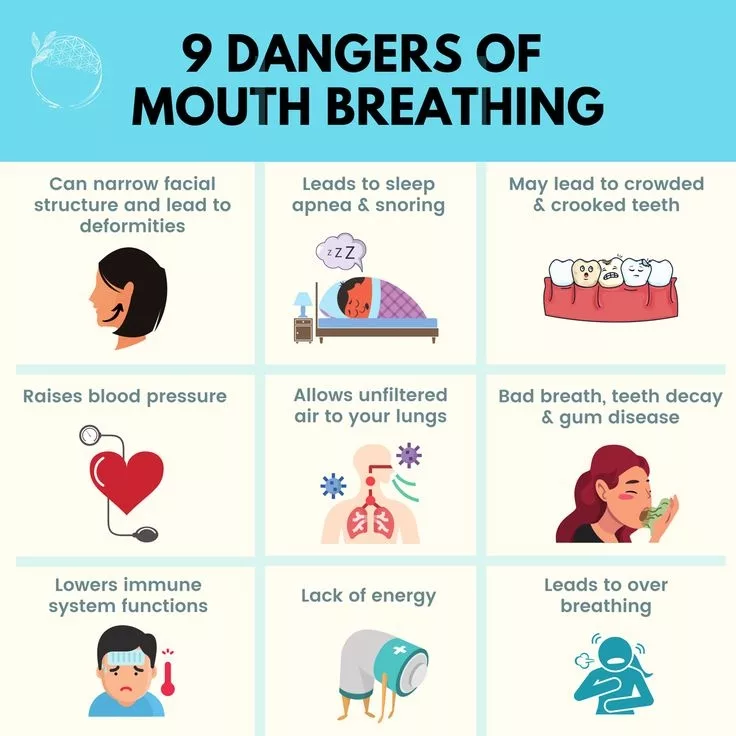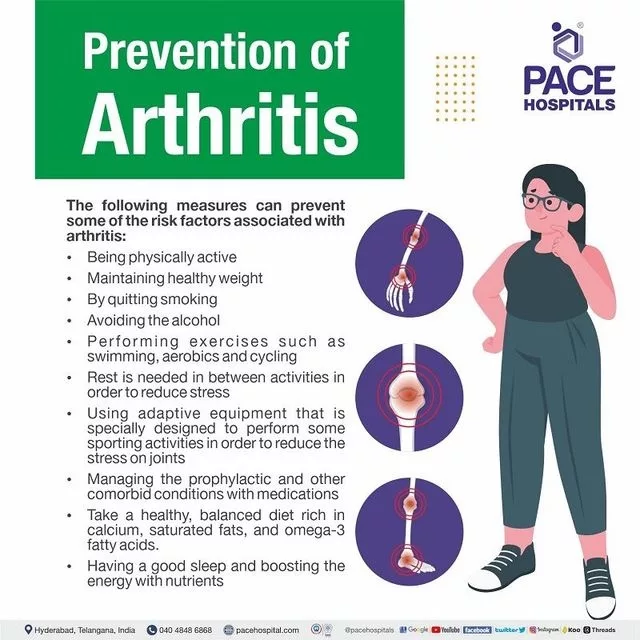Epiphora (Excessive Tearing)
Exploring the Causes and Treatment Methods of Epiphora (Excessive Tearing)
Hello, today I bring a somewhat heavy topic. It’s about excessive tearing, or epiphora. Do you happen to know anyone who often has tears flowing? I’ve had similar experiences, and that’s why I wanted to discuss this topic. I think it would be helpful for us to understand this symptom, its causes, and treatment methods. So, shall we talk about it together? 😊
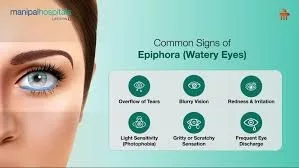
What is Epiphora?
Epiphora, or excessive tearing, is a condition where there is an overflow of tears from the eyes, typically occurring when there is a problem in the production or drainage process of tears. This can happen when the tear glands produce too much tear fluid or when tears do not drain properly. It is often closely related to dry eye syndrome, and in many cases, excessive tearing occurs due to a dry environment or specific diseases. This condition can lead to discomfort in daily life and requires appropriate treatment.
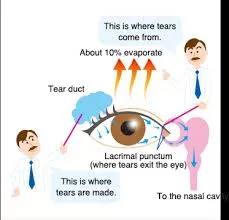
Analyzing Major Causes
The causes of epiphora are varied. First, excessive activation of the tear glands can lead to overproduction of tears, which may occur due to allergic reactions, infections, or inflammation. Second, issues with the tear drainage pathways can prevent tears from exiting properly, with blockages or narrowing of the tear ducts being potential causes. Lastly, age-related natural changes and certain diseases can also lead to epiphora.
Understanding Various Symptoms
The symptoms of epiphora extend beyond just excessive tearing. Many patients also report sensations of irritation, redness in the eyes, and itching. These symptoms are often associated with tear-related diseases or inflammation and can vary in severity depending on the individual’s situation. In some cases, visual discomfort or fatigue may accompany the condition, significantly impacting daily life. Therefore, it is crucial to accurately understand the symptoms and receive appropriate treatment.
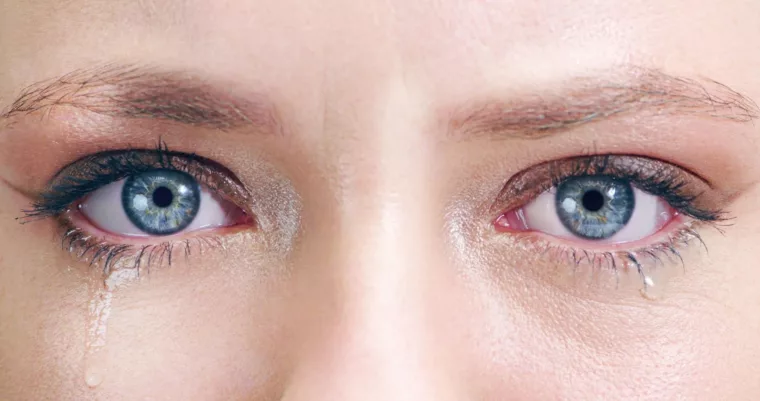
Diagnostic Procedures and Testing Methods
The diagnosis of epiphora involves several tests. The doctor will ask about the timing and pattern of the symptoms to understand the patient’s medical history. Next, a slit lamp examination may be conducted to assess the condition of the eyes, including the function of the tear glands, the amount of tears, and the state of the drainage pathways. Additionally, if necessary, tests for the tear drainage pathways can be performed to diagnose any blockages. These diagnostic procedures are essential for determining the appropriate treatment methods.
Impact of Epiphora on Daily Life
Epiphora can have several negative effects on daily life. Excessive tearing can lead to embarrassing situations in front of others and negatively impact social interactions. Furthermore, persistent eye irritation can reduce concentration, hindering work or study. Psychologically, it can increase feelings of anxiety or stress, potentially lowering the quality of life. Therefore, efforts to address this issue are very important.
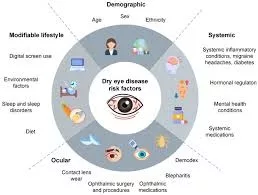
Exploring Effective Treatment Methods
Treatment methods for epiphora vary depending on the underlying cause. First, using moisturizers like artificial tears can help replenish moisture in the eyes. Additionally, issues can be resolved through tear duct surgery or medication. If there are problems with the functioning of the tear glands, surgery to unblock the tear glands may be considered. It is essential to seek the help of specialized medical professionals to determine the best treatment approach tailored to individual health conditions.

Prevention and Management Tips
To prevent epiphora, several management tips can be considered.
First, it’s important to regulate the humidity indoors and outdoors to prevent dry eye syndrome. Regular use of artificial tears to maintain moisture in the eyes can also be helpful. Additionally, avoiding prolonged exposure to environments that can irritate the eyes and maintaining cleanliness is crucial. Regular eye check-ups with an ophthalmologist are also a preventive measure.
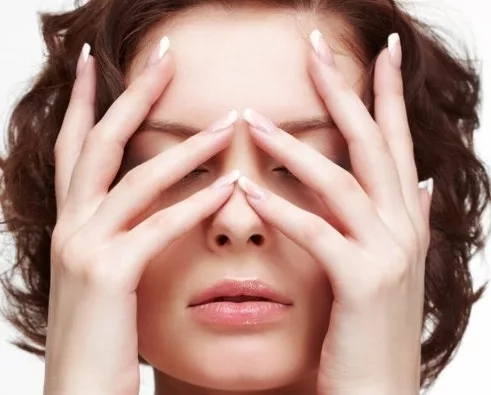
When to Consult a Specialist
If symptoms of epiphora persist or worsen, it is essential to consult a specialist. Particularly if accompanied by symptoms such as eye pain, vision loss, or inflammation, immediate medical attention is necessary. It is important to accurately identify the cause through hospital tests and establish an appropriate treatment plan. Regular eye exams can help maintain eye health, and seeking help from specialists when needed is advisable.




